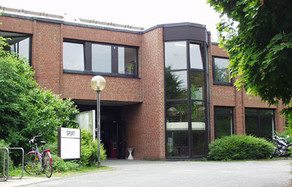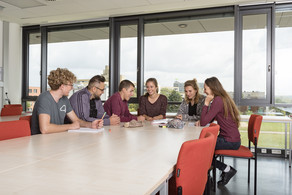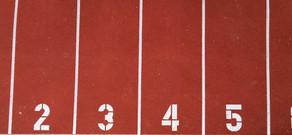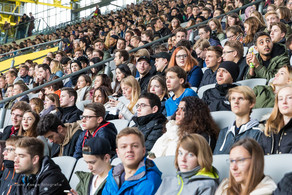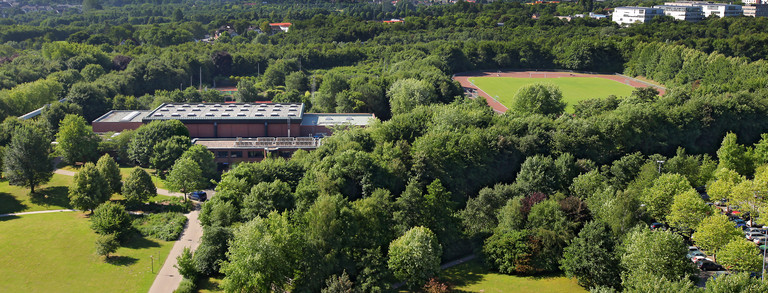Sports club-related socialization of adolescents with a migration background
| Project Management: | Prof. Dr. Ulrike Burrmann Prof.Dr. Jörg Thiele Prof. Dr. Jürgen Gerhards (FU Berlin) |
| Collaborators: | Katrin Brandmann Dr. Michael Mutz Benjamin Zander Ursula Zender Hendrik Jahns Dajana Sbosny |
| Client: | Federal Institute for Sports Science |
| Duration: | March 2010 - December 2012 |
Goals and contents
The unmistakable demographic change poses new challenges for sports. There are already complaints about a lack of athletic talent, or at least a lack of "performance density," and the situation will worsen in the coming years. An opportunity to "counteract" this development could be offered by the integration of young migrants into club-organized sports. The empirical research project consists of a quantitative and a qualitative sub-study. The secondary analysis of the representative DJI Youth Survey 2003 focuses on how cultural and socioeconomic conditions typically shape socialization to sports. The qualitative analysis explores how different actors perceive, judge, and influence their socialization to club-based (competitive) sports through their own decisions.
Current processing status
Burrmann, U., Mutz, M. & Zender, U. (in prep.). Youth, migration and sport - Cultural differences and socialization to club sport. Wiesbaden: VS. additional authors: Benjamin Zander, Katrin Brandmann, Frederike Chudaske The previous analyses have shown that the access to club sports of the interviewed girls strongly depends on external factors and that more rarely - in contrast to boys - their own interest or talent and the desire for sporting success are described as relevant influencing factors. Girls seem to be underrepresented in organized sports in Germany, both in their choice of sport and in the migrant population. Which factors help define access to sports in general and to sports clubs in particular? Values, language, religion, family of origin? What role do sports clubs play in this? How can the considerable gender differences in sports involvement be explained? This book attempts to narrow existing research gaps from a socialization-theoretical perspective by examining the sports participation of young migrants both quantitatively and qualitatively and relating it to individual "facets" of culture. From the contents Fitting relationships of young people with a migrant background to sports clubs.- Youth sports participation.- Culture and cultural differences.- Religiosity and sports participation.- Gender-typical role expectations and sports club membership.- On the influence of family of origin on sports club careers.- Demands and coping processes in junior competitive sports.- Methods used in the qualitative sub-study.- Brief portraits of the young people interviewed.


